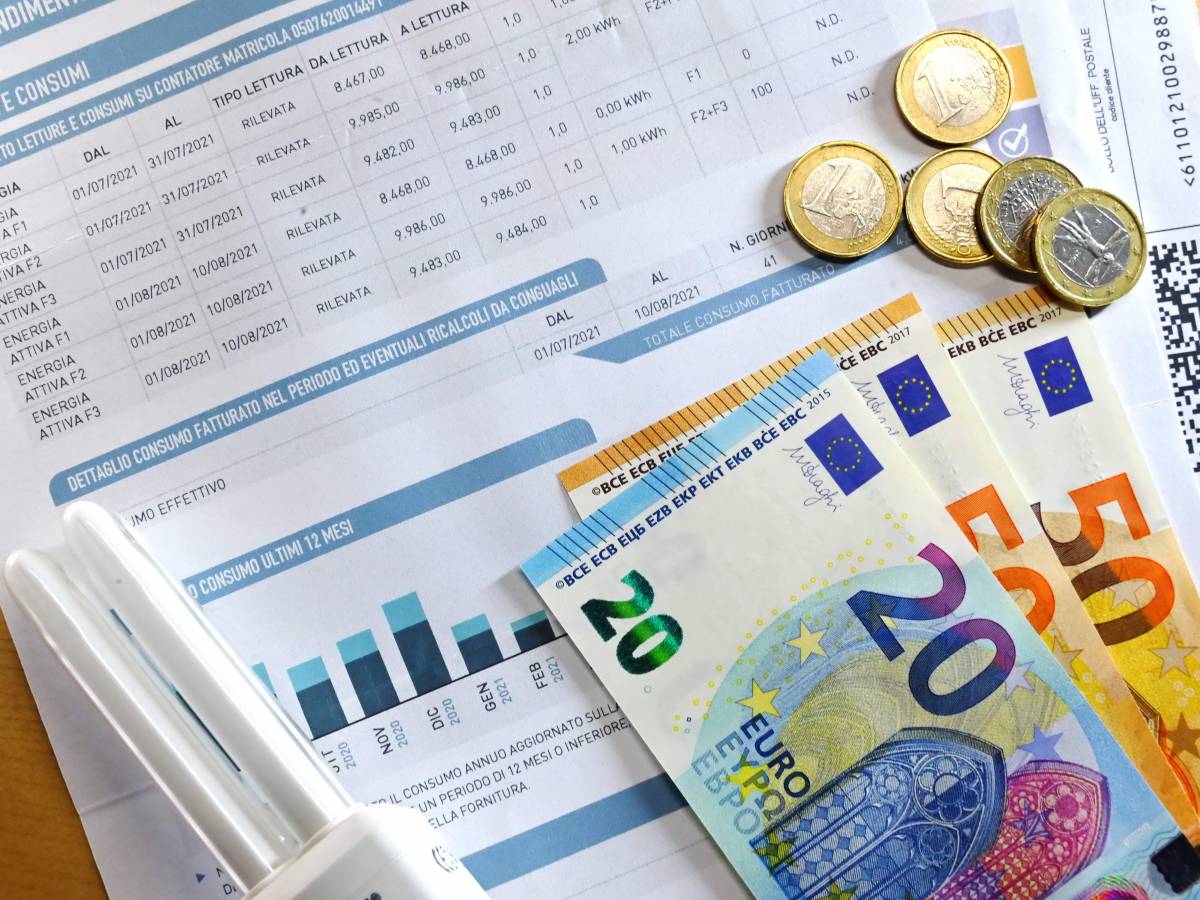It is time for the “citizenship bills”. With the price of gas out of control – at 200 euros per megawatt hour – the market is so packed that fewer and fewer suppliers are committed to the winter consumption of condominiums and large consumers who do not present adequate guarantees. “Even if there was gas, it is a question of risks, regardless of the price,” says a trader who works in a multi-utility in the North. Where there are risks, the supplier prefers to terminate the contract unilaterally and in advance.
And what happens? That arrears and customers that suppliers consider to be at risk of insolvency will end up in the so-called safeguard market, covered by the so-called “system charges” from 2018, one of the items in the bill that the government has decided to “sterilize”. And if they don’t have to pay, their cost will be covered by general taxation. So from us. It is called “socialization of non-payable burdens”. But until when?
As denounced by the Authority that monitors the Arera bills in a report to the government and Parliament intercepted by the Messenger, “extraordinary interventions are needed to rebalance supply and demand, and contain prices”, in view of “a further increase in bills for families, which can be estimated today more than 100% compared to the current quarter ». An alarm that the President of the Senate Elisabetta Alberti Casellati had also launched a few weeks ago. Each of the approximately 150 gas suppliers has customers at risk and not. Those at risk are those who have already missed paying some bills or who have informed the supplier that they were having difficulty paying. Usually the supplier meets them in installments. This will no longer be the case. “In a nutshell: if one does not pay it is difficult for them to turn off the gas in this situation and thus end up in safety. So the more the arrears increases, the more they end up in protection », energy market expert Edoardo Beltrame explains to the Journal. But how long will the safeguard last? «In January, when the protected market should end, all the defaulters will have ended up in protection. And if you look for gas on the free market or give guarantees or run out of gas, whether you are a condominium or a small-medium business. The system will skip and the safeguard will have to be financed. And when gas returns, because it will return, there will no longer be the market we have today ». If they skip the customers skip the suppliers. Of the current 150, only about thirty have big shoulders and will be the ones who will survive ».
Among other things, Arera itself last Friday changed the indexation of the gas price (from the Dutch price to the “Italian” one) for customers “under protection”, forcing all operators to quickly change their coverage, generating a price increase. “If until yesterday the price of October, November and December would be high but fixed and known at the end of August, from tomorrow it will be known at the end of each month, therefore more exposed and unpredictable, given the Russian threats”, explains the trader. . Madness, because for suppliers it means financial exposure.
Then there is the issue of so-called extra-profits. The government had decided to finance the system charges by taxing the surplus of revenues of energy companies at 25%, estimating extra revenues of about 23 billion. But as Il Sole24Ore wrote yesterday as of June 30, the down payment that had to be paid to the Ministry of Economy was rather meager, and the estimates were reduced by 90% to just over 2 billion. A flurry of causes is inevitable on extra-profits because the parameters on which to calculate it are complex and variable. A renewable lender who prefers to remain anonymous tells the newspaper: “Before giving back the extra profits it will take 10 years for the causes.” And in the meantime we pay.
–


